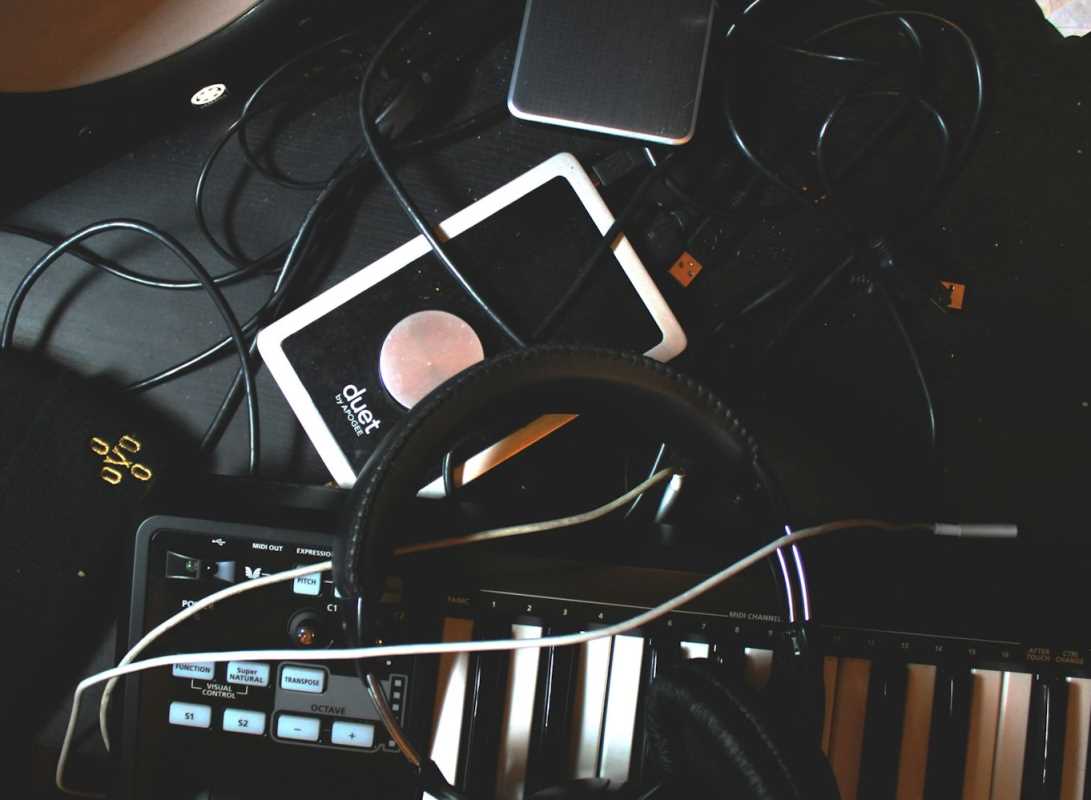If you’ve big dreams of making it in the music industry, you’ve probably thought about taking a professional music production course. These programs promise to teach you the skills needed to create, mix, and master tracks like the pros. But are they your golden ticket to success? Or can you DIY your way to the top? Let's break it down so you can decide what works best for you.
The Pros of Professional Music Production Courses
Professional courses definitely have some big upsides:
- Structured Learning: A course gives you a clear roadmap. Instead of wasting time googling “how to EQ a kick drum,” you get step-by-step guidance from experts.
- Access to Industry-Standard Tools and Software: Ever wanted to get your hands on Ableton Live, Pro Tools, or Logic Pro? Many courses provide access to these programs, which you might not afford on your own.
- Networking Opportunities: One of the biggest perks is meeting people. Whether it’s fellow students, instructors, or guest speakers from the industry, connections are key in music.
- Feedback from Pros: Teachers can give you hands-on advice about your work. That kind of direct feedback can really help you refine your sound.
- Industry Credibility: Having a certificate or degree may not guarantee a job. But for some people, it can help their résumé stand out when applying for gigs or internships.
The Cons of Taking a Course
Of course, professional courses aren’t all sunshine and rainbows. Here are some potential downsides:
- Cost: Let's be real—these programs can be expensive. Top-tier courses might cost thousands of dollars. If you're already tight on cash, it’s something you’ll need to seriously weigh.
- Time Commitment: Many courses require months (or even years) of full-time dedication. If you’re balancing a job or other responsibilities, this might be tough.
- Not a Guaranteed Path to Success: Just because you take a course doesn’t mean you’ll automatically become the next Metro Boomin or Billie Eilish’s producer. The music industry is all about hard work, connections, and a bit of luck.
- Potentially Generic Content: Some courses might not align with the exact style of music you want to create. If you want to make trap beats but the course heavily focuses on pop, you might not find it as helpful.
Alternative Ways to Learn Music Production
Good news! A formal course isn’t your only option. If going that route isn’t for you, here are some other ways to level up your music production skills:
- YouTube and Online Tutorials: Channels like Andrew Huang or Produce Like a Pro can teach you tricks for free. There's so much free content out there, it’s almost overwhelming.
- Online Platforms: Websites like Udemy, Coursera, and Skillshare have affordable classes on music production. They’re usually cheaper and more flexible than full-time programs.
- Practice Makes Perfect: Get hands-on. Open your DAW (Digital Audio Workstation) and start messing around. Trial and error is one of the best teachers.
- Join Music Communities: Platforms like Reddit’s r/WeAreTheMusicMakers or Discord servers for producers can connect you with others who share tips and tricks.
- Intern or Shadow a Local Producer: If you can volunteer at a studio or assist a more experienced producer, you’ll learn invaluable skills just by watching and experimenting on the job.
- Read Books on Music Production: Classic reads like Mixing Secrets for the Small Studio by Mike Senior can teach you a ton about getting professional sound at home.
Should You Take a Course? Here’s How to Decide
Ultimately, the choice comes down to you. Ask yourself these questions to decide if a professional course is the right move:
- What’s Your Budget? Can you afford the course without going into major debt? If it's too much, think about free or lower-cost learning options instead.
- How Do You Learn Best? Some people need a structured environment like a classroom to focus. Others thrive by picking up tips on their own and experimenting.
- What Are Your Goals? Are you trying to land a full-time job in the music industry? If so, a degree might make sense. But if it’s a hobby or side hustle, you might not need the credentials.
- Do You Have Time? Courses require a big commitment. Make sure you have enough time to actually complete it and apply what you learn.
The Truth? There’s No “One Size Fits All”
The music industry is packed with success stories of people who took both paths. Some producers went to big-name schools like Berklee or Full Sail. Others, like Deadmau5 and Skrillex, were mostly self-taught. What matters most is your passion, creativity, and willingness to grind.
 (Image via
(Image via





